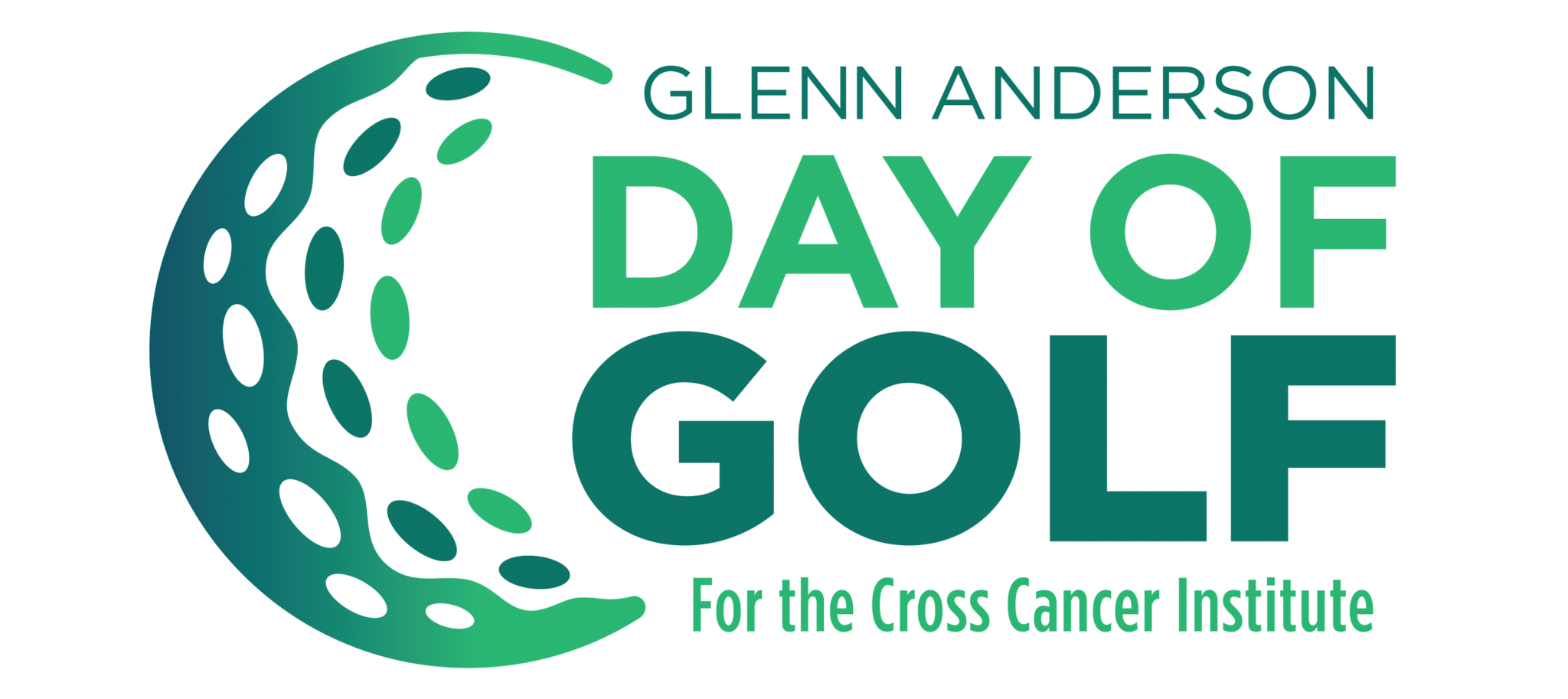Where the Money Goes
Wiping Out Cancer Cells
Cancer runs rampant in the body with no regard for how much life a person has left. Immunotherapy has brought about new hope in cancer treatment for patients that would otherwise, likely die. “Some cancers are responsive to drugs, but others have found ways to hide from the immune system altogether, defying our current treatment methods” says Dr. Michael Chu.
An existing treatment, known as chimeric antigen receptor (CAR) T-cell therapy overcomes this challenge by genetically reprogramming a patient’s own immune cells to give it a new barcode reader capable of recognizing other cancer identifiers, therefore wiping them out without radiation or chemo. The challenge with this is that it relies on the health of the patient’s cells to be able to kill off the cancerous ones.
A new evolution of this therapy involves utilizing Natural Killer (NK) cells from healthy people and injecting them into cancer patients so that these cells can be the ones to fight off the cancerous cells. This way, the treatment does not rely on the health of the patient, whose body has already been through so much.
NK-cells can be gathered through regular blood donations as they are collected along with everything else, but are not normally used.
CAR T-cells recognizing these cancer cells have led to cures in multiply relapsed acute lymphoblastic leukemia (ALL) and aggressive non-Hodgkin lymphoma (NHL). By utilizing NK-cells as well, a group of patients who would normally be palliative will have a serious chance.
With additional help and support, cell therapy trials in multiple myeloma, other lymphomas, leukemia, and some solid organ tumors are within reach.
This program brings Alberta to the cutting edge of immunotherapy research, develops local expertise, improves health economic efficiencies, and most importantly will save lives.
In a span of just over 2 years, we have been able to bring together over 100 individuals in research, medicine, and engineering to create a program capable of addressing cancers in the smallest children straight through to our seniors. Cell therapies are not limited to oncology and we hope to bring these treatments ultimately to other medical diseases such as organ transplant medicine and autoimmune diseases in the near future.
The problem is access to this technology is limited and expensive. We need your help. Your donation can make the difference between a child getting a chance at a future or succumbing to their cancer.
Prostate Cancer Solutions
Dr. John Lewis is researching ways to combat prostate cancer. The main killer for prostate cancer and pretty much all cancers is the spread or metastasis. So “what makes cancer spread?” Genes and proteins that are responsible for the spread are being looked at now as a means to control and eliminate metastasis. Each gene is an avenue to limit or stop the deadly spread of prostate and other cancers.
An estimated 80% of men have prostate cancer by the time they are a senior. 3% will die from it. Diagnoses by PSA test results in 80% false positive. From there, the only way to test accurately is by inserting 14 needles into the prostate. This is inefficient and causes physical and emotion distress.
Project 1 – Blood Tests
This is a project that can be started immediately. The objective is to substantially improve the PSA tests as they are unreliable. By doing a simple blood test, doctors could determine if the biopsy and subsequent surgery is needed, without subjecting patients to unnecessary and painful procedures. This will result in a higher number of accurate diagnoses and a better quality of life.
Project 2 – DNA Sequencing
By utilizing the database of prostate cancer patients, doctors are able to match the patients’ cancer and the patients’ genes with the most effective treatment. Building on this, trials could be completed to read the DNA sequence of men’s prostate cancer to see if a drug that is already approved and showing promise in another cancer, could treat men with prostate cancer as well.
